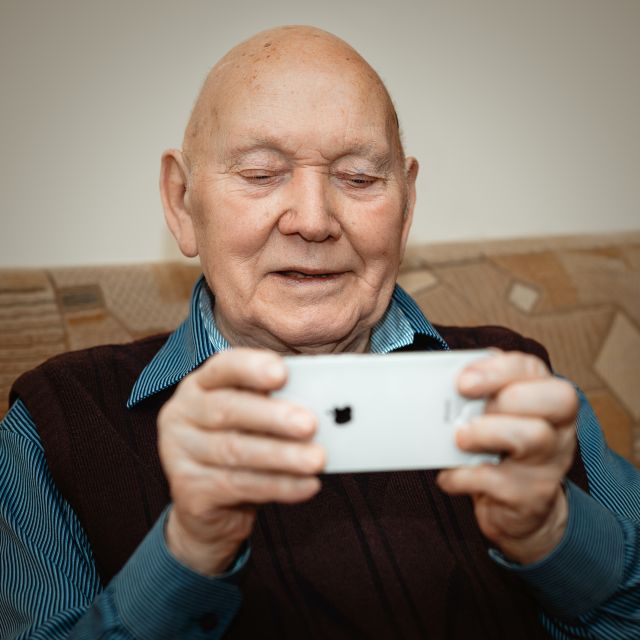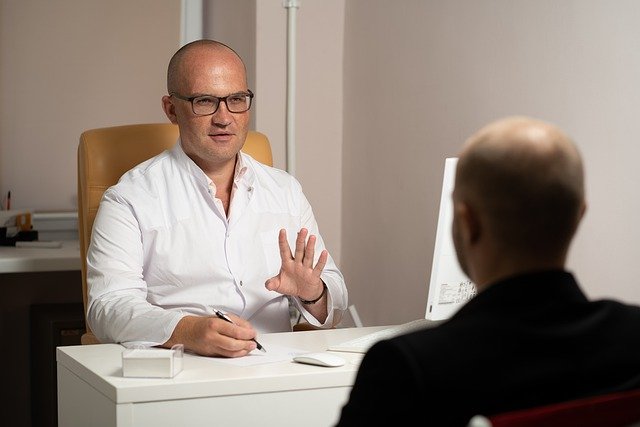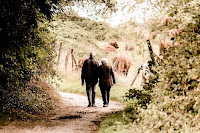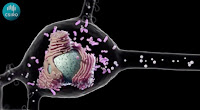The National Institute on Aging (NIA), the National Heart, Lung, and Blood Institute (NHLBI), and the Eunice Kennedy Shriver National Institute of Child Health and Development (NICHD) have partnered to share resources that highlight the science of sleep across the lifespan.
Amazon Books & Videos
about Alzheimer’s and Dementia:
FREE Newsletter:
Share these materials and resources, like sleep diaries, brochures, and booklets, with anyone who might have an interest in the science of sleep and how to get a better night’s sleep.
Get a Good Night’s Sleep
Like eating well and being physically active, getting a
good night’s sleep is vital to your well-being. Here are
13 tips to help you.
- Stick to a sleep schedule. Go to bed and wake up at
the same time each day—even on the weekends. - Exercise is great, but not too late in the day. Try to
exercise at least 30 minutes on most days but not
later than 2–3 hours before your bedtime. - Avoid caffeine and nicotine. The stimulating effects
of caffeine in coffee, colas, certain teas, and chocolate can take as long as 8 hours to wear off fully.
Nicotine is also a stimulant. - Avoid alcoholic drinks before bed. A “nightcap”
might help you get to sleep, but alcohol keeps you in
the lighter stages of sleep. You also tend to wake up
in the middle of the night when the sedating effects
have worn off. - Avoid large meals and beverages late at night. A
large meal can cause indigestion that interferes with
sleep. Drinking too many fluids at night can cause
you to awaken frequently to urinate. - Avoid medicines that delay or disrupt your sleep, if
possible. Some commonly prescribed heart, blood
pressure, or asthma medications, as well as some
over-the-counter and herbal remedies for coughs,
colds, or allergies, can disrupt sleep patterns. - Don’t take naps after 3 p.m. Naps can boost your
brain power, but late afternoon naps can make it
harder to fall asleep at night. Also, keep naps to
under an hour. - Relax before bed. Take time to unwind. A relaxing
activity, such as reading or listening to music, should
be part of your bedtime ritual. - Take a hot bath before bed. The drop in body
temperature after the bath may help you feel sleepy,
and the bath can help you relax. - Have a good sleeping environment. Get rid of
anything in your bedroom that might distract you
from sleep, such as noises, bright lights, an uncomfortable bed, or a TV or computer in the bedroom.
Also, keeping the temperature in your bedroom on
the cool side can help you sleep better. - Have the right sunlight exposure. Daylight is key to
regulating daily sleep patterns. Try to get outside in
natural sunlight for at least 30 minutes each day. - Don’t lie in bed awake. If you find yourself still
awake after staying in bed for more than 20 minutes, get up and do some relaxing activity until you
feel sleepy. The anxiety of not being able to sleep
can make it harder to fall asleep. - See a doctor if you continue to have trouble sleeping. If you consistently find yourself feeling tired or
not well rested during the day despite spending
enough time in bed at night, you may have a sleep
disorder. Your family doctor or a sleep specialist
should be able to help you.
Clinical Trials
For more information about clinical trials related to
sleep disorders, talk with your doctor. You also can
visit the following Web sites to learn more about
clinical research and to search for clinical trials:
Resources highlighting the science of sleep are available on Facebook, Twitter and through a three-part video series focusing on sleep issues in each age group.
Information on sleep health
How much sleep do I need? (NICHD): From newborns to older adults, find out how much sleep people should get at every age.
Science update: Later school times may reduce sleep deficits for high school students, suggests NIH-funded study (NICHD): This article explains a recent study on the impact of delayed school start times on teen sleep deficiency.
In brief: Your guide to healthy sleep (NHLBI): This fact sheet includes tips for getting enough sleep. It also discusses sleep and driving, dealing with jet lag, and addresses sleep disorders.
Sleep brochure (NHLBI): Do you know the difference between sleep needed to feel awake and sleep needed to be healthy? This brochure describes the difference and offers tips for getting a good night’s sleep.
Sleep diary (NHLBI): Use the diary to track your sleep.
Sleep and older adults: How to get a good night’s sleep (NIA): Download, share, or view the booklet.
Six tips for a good night’s sleep video (NIA): Share this video on social media with tips for a good night’s sleep. This information is also available as an infographic.
Common sleep problems, sleep disorders
Sleep apnea (NHLBI): Learn more about sleep apnea including its causes, signs and symptoms, and more.
Circadian rhythm disorders (NHLBI): Read more about types of circadian rhythm disorders, signs and symptoms, and more.
Sleep deprivation and deficiency (NHLBI): Explore what happens when you do not get enough sleep.
Research resources
Information on sleep funding, resources for researchers
Sleep Research Information (NICHD): Learn more about NICHD-supported sleep research.
National Center on Sleep Disorders Research (NHLBI): Explore NHLBI-supported sleep research.
Information on participating in clinical research on sleep
Alzheimers.gov Clinical Trials Finder (NIA): Search for clinical trials to advance sleep and dementia research among older adults.
Clinical Trials on Sleep (NICHD): Search for clinical trials that are actively recruiting participants to advance sleep research
SOURCE:











